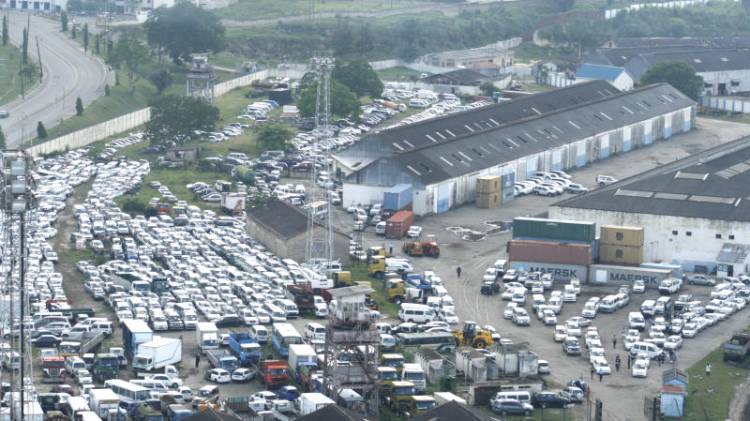×
The Standard e-Paper
Join Thousands Daily

Imported cars at the port in Mombasa. Some of the vehicles destined for Uganda and diverted to the local market. [Maarufu Mohamed, Standard].
Minting millions of shillings from sale of smuggled cars in Nairobi is now as easy as buying candy on the streets.